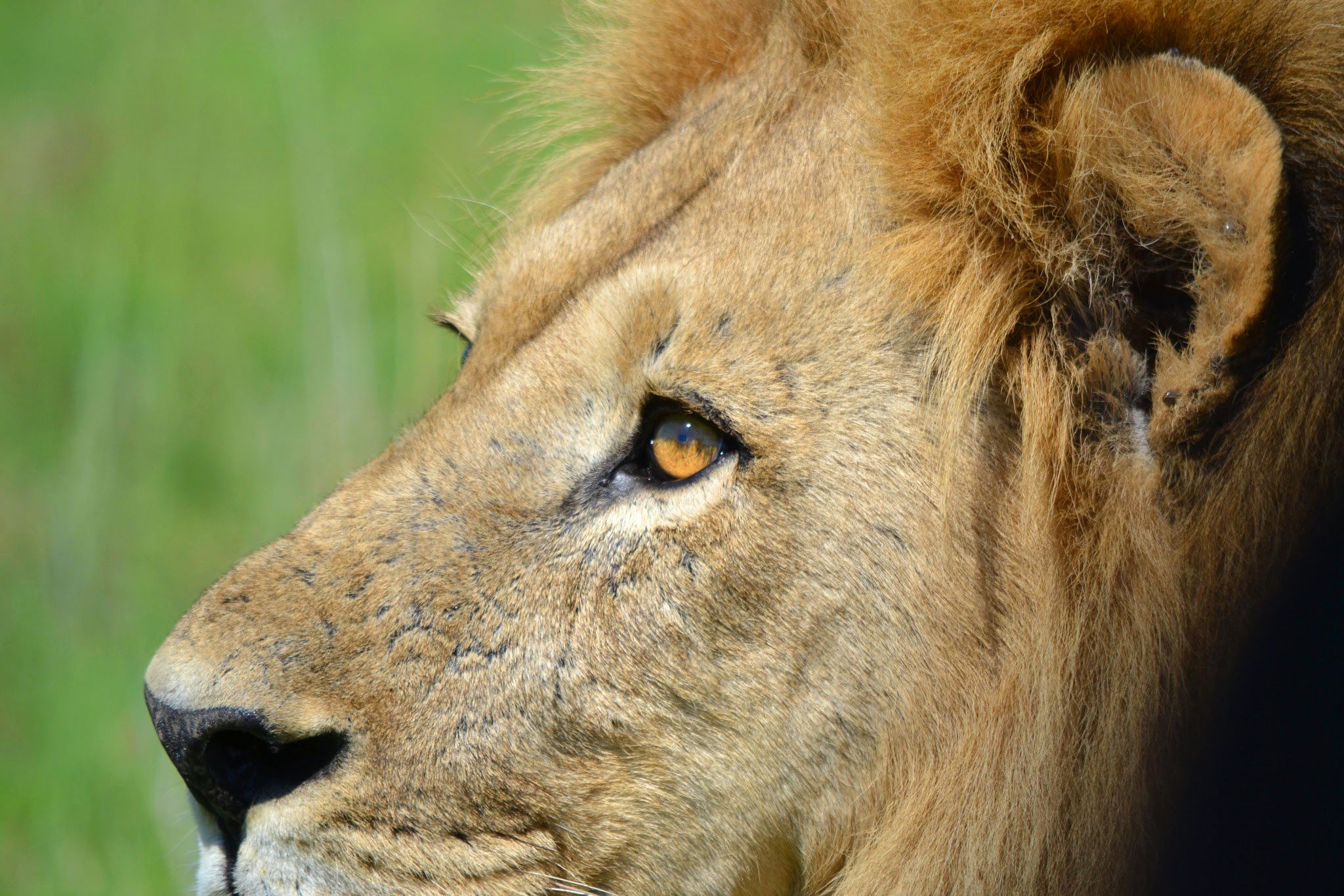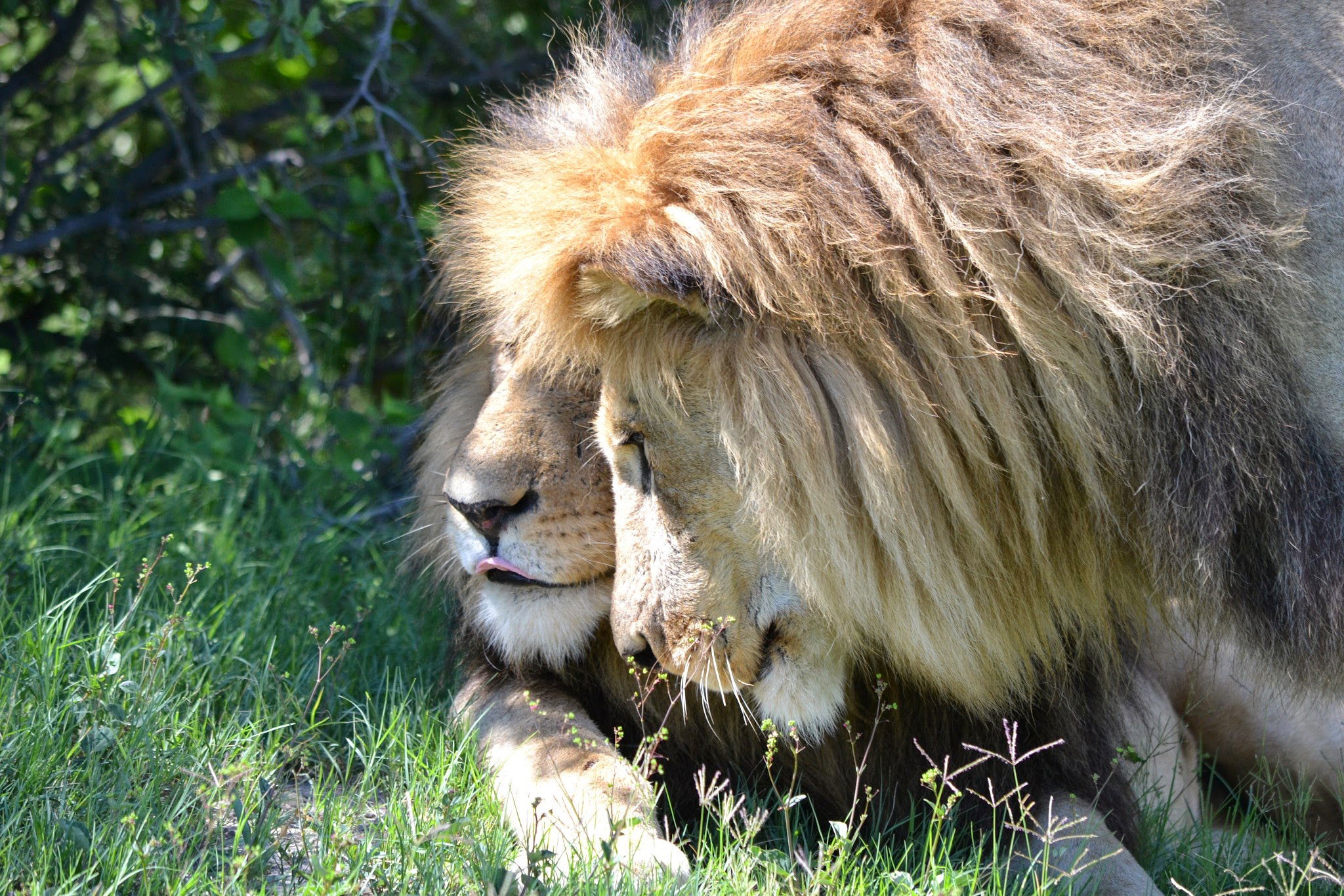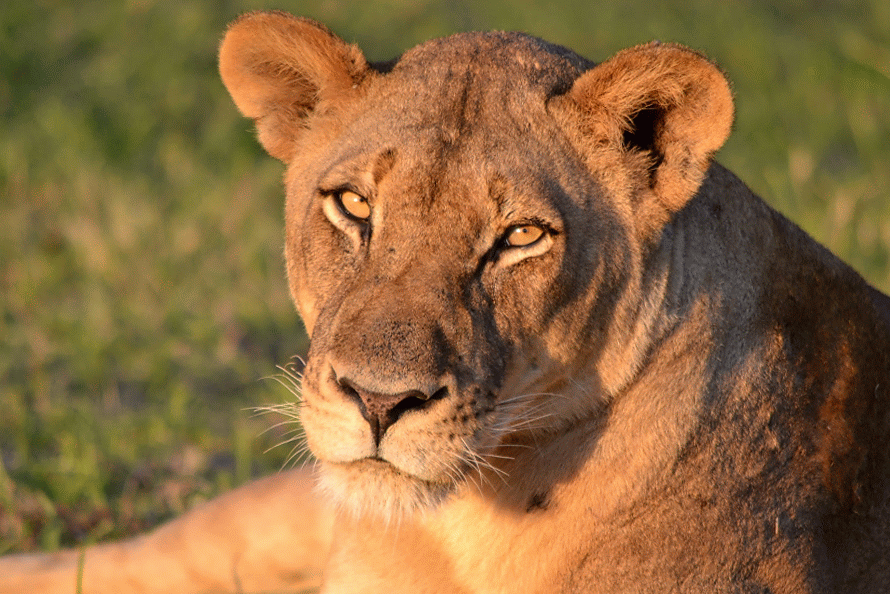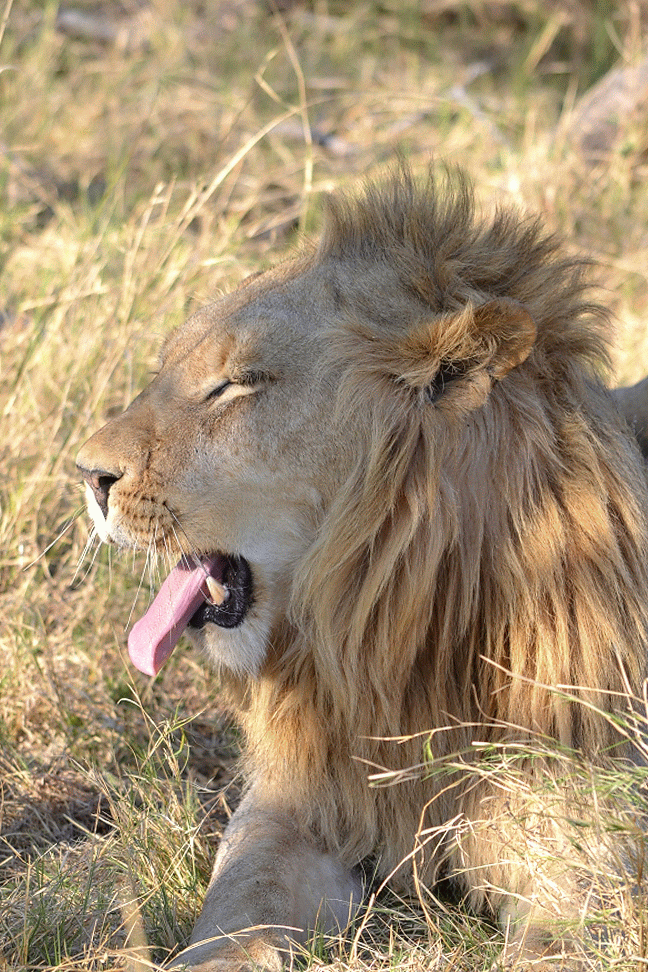Tales from Africa's Heartbeat
A Journey into Africa’s Wild Soul – Through My Eyes
I am not a scientist. I do not carry a clipboard or crunch numbers under a khaki tent. I have clocked more hours than I can count in the African bush, not just observing—but feeling the rhythm of the wild. Since 2002, I have been criss-crossing this breathtaking continent, led not by algorithms but by instinct, passion, and an insatiable curiosity.
My teachers are Legends. Not the kind in lecture halls, but out in the dust and shade.
Watching elephants for hours with Dr. Andrea Turkalo, in Dzanga Bay in Dzanga-Ndoki National Park, Central African Republic; listening to elephants through her observations.
Dr. Steve Boyes with his contagious love for the Okavango, the late herpetologist Dr. Bill Branch whose snake stories could raise the hair on your arms, bird master Derek Salomon, and most recently, National Geographic's sharp-eyed photographer, Sergio Pitamitz.
Together, in silence, we watched, listened, and I learned.These are not textbook lessons. They are lived.
And they have carved stories into my soul.
People often ask me the kind of questions they are too shy to ask scientists. The kind of questions that come from wonder, not from research. And that is what I love—translating the raw magic of the wild into something you can feel, even from your living room. So come with me—step quietly into the dusty tracks of lions, elephants, rhinos, buffaloes, leopards, and cheetahs. Wade through the waters with hippos and crocs. Look up, and you will see birds soaring across an endless sky. This is my Africa. This is our shared wild story.
Let Us Begin with the Lions – Panthera leo, Sovereigns of the Savanna.

Lions. With those golden coats catching the last light of day, and manes like flowing crowns, they are not just iconic—they are magnetic. They once ruled vast stretches of African wilderness.
Today, their reign is under threat. As of early 2022, there were estimated to be between 20,000 and 25,000 lions across Africa. But that number flickers like a candle in the wind—challenged by habitat loss, human-wildlife conflict, and a struggle for resources.Yet, there is so much more to them than their numbers. Lions are deeply social creatures. Family comes first. They live in tight-knit prides, where the lionesses do most of the hunting, moving in silent synchrony like seasoned warriors.

The males defend the territory, watching over the pride with a stoic gaze. Watching a pride in motion—on the hunt or at rest—is like witnessing a well-rehearsed play: strategy, drama, cooperation, and raw emotion all at once.
But life for lions is not easy.

- Encroaching farmland, retaliatory killings, poaching, and the complex issue of trophy hunting cast long shadows across their future. Let us talk about that for a moment: trophy hunting. Taking out a dominant male for sport does not just end a single life. It destabilizes the entire pride.- New Male Takeover: A new male may challenge for leadership, causing bloody skirmishes.
- Leadership Vacuum: The pride is temporarily left vulnerable, increasing risk from predators and rival lions.
- Social Confusion: Lionesses and young males lose their protector and anchor, disrupting the pride's delicate structure.
- Cub Casualties: To assert dominance and start his own bloodline, a new male might kill existing cubs.
Cubs, born in litters of 2–3 after a gestation of roughly 110 days, are raised communally. Their survival is entwined with the social fabric of the pride, and the decisions we humans make far away from the savanna.
Why This Matters?
To reserve these magnificent creatures, we must do more than love them from afar. We must protect the land they roam, respect their social systems, and educate ourselves and others about the delicate balance that keeps them alive.
Conservation is not just about saving animals—it is about understanding them, standing up for them, and learning to coexist.
So, let us walk on. There are more wild wonders ahead. I will keep telling these stories—not because I have all the answers, but because I have been lucky enough to witness.
This is my invitation: let us explore Africa’s “quiet” corners together—where roars echo at dawn and every track tells a story.
Stay curious. Stay wild.
Vivie
